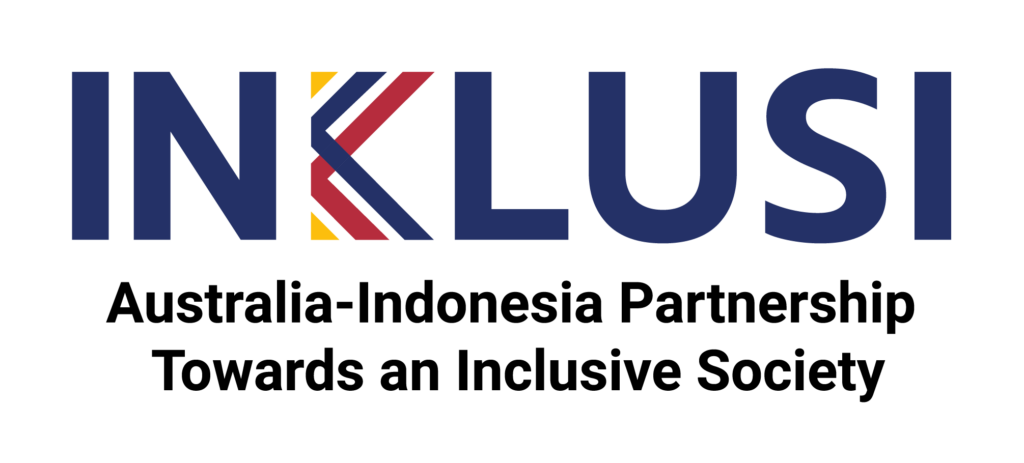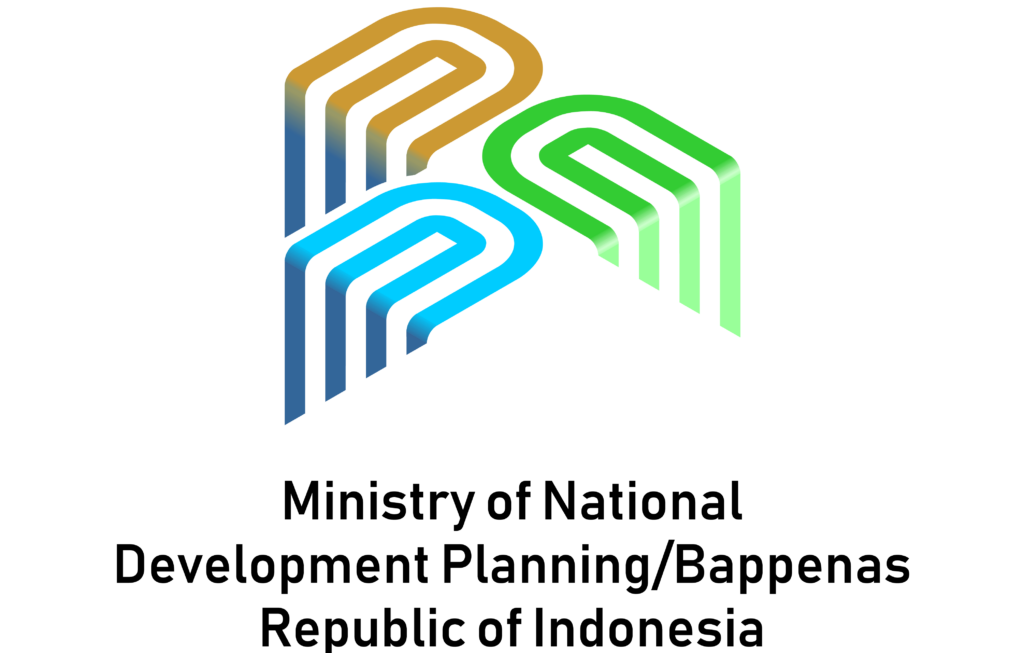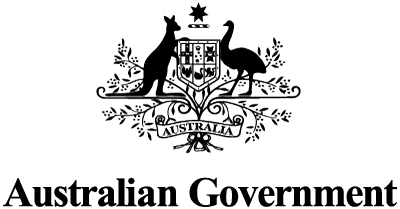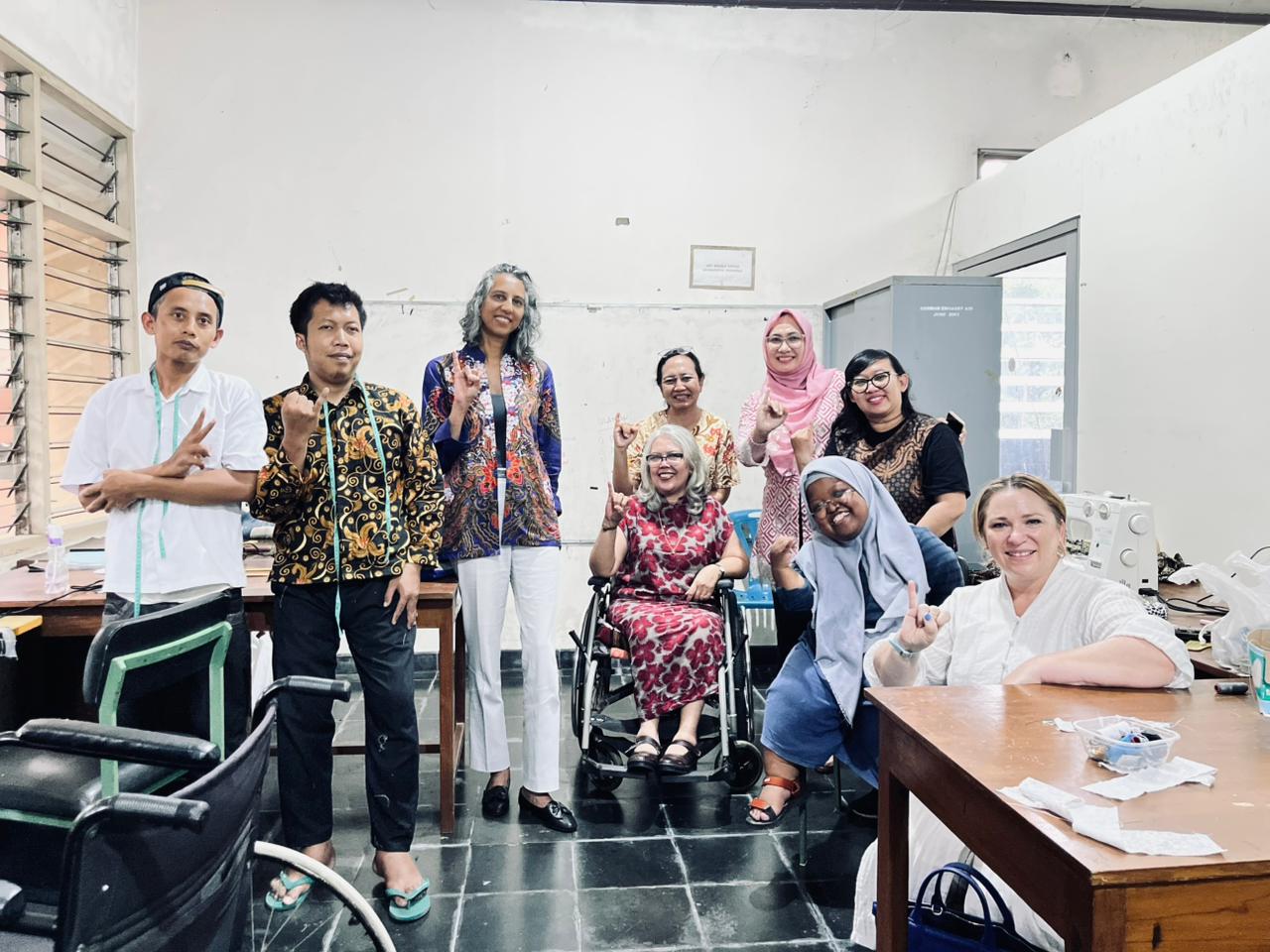Yogyakarta, 17 October 2025 — The Australian Deputy Ambassador to Indonesia, Gita Kamath, today visited the YAKKUM Rehabilitation Center (PRYAKKUM) in Sleman, Yogyakarta Special Region, to see firsthand how collaboration between Australia and Indonesia is strengthening inclusive, research-based policies, services, and innovations for persons with disabilities.
The visit highlighted various programs supported by the Australian Government through the Department of Foreign Affairs and Trade (DFAT) and Bappenas, particularly the INKLUSI Program under the DIGNITY framework (Disability Inclusion Through Strengthening Local to National Capacity).
Deputy Ambassador Kamath expressed appreciation for the contributions of PRYAKKUM and its partners, including the Center for Community-Based Rehabilitation Development and Training (PPRBM), in advancing equal rights for persons with disabilities in Indonesia.
“We are shifting the focus from disability inclusion toward disability equity, ensuring that every barrier is truly removed so that persons with disabilities can fully participate in development,” she said.
“I value the local leadership that demonstrates how inclusivity can be embedded in a sustainable way. Through collaboration between research and community services, we are proving that real change can begin at the community level,” she added.
PRYAKKUM Director, Chatarina Sari, highlighted the importance of continued multi-stakeholder support to ensure that local progress continues to strengthen.
“Support from the Australian Government allows us to expand our services to villages, strengthen organizations of persons with disabilities, and ensure that inclusion is genuinely felt at the grassroots level,” she said.
During the visit, the Deputy Ambassador engaged in dialogue with program beneficiaries and village government representatives with psychosocial disabilities. Participants shared experiences of advocacy progress, inclusive practices at the village level, and the importance of synergy between research and public policy.
Siti Rohayah, a village head from Kebumen Regency, expressed hope that self-help groups (SHGs) for persons with disabilities would remain sustainable.
“As a political officeholder, I realize how important regeneration is to ensure these self-help groups continue even after my term ends. That’s why I involve other village staff so that this knowledge can be passed on. We’ve also issued a village decree to formalize the SHGs and started allocating operational budgets for them,” she explained.
The visit concluded with a tour of PR YAKKUM’s facilities, including the prosthetics workshop, rehabilitation center, daycare for children with disabilities, and an inclusive café managed together with the local community.
With support from the INKLUSI Program (Australia–Indonesia Partnership Towards an Inclusive Society), PRYAKKUM implements the DIGNITY Program in seven provinces to strengthen the capacity of disability organizations, expand access to decent employment and essential services, and provide protection from violence.
The partnership between PR YAKKUM and the Australian Government through DFAT is part of a joint effort to promote social inclusion, economic empowerment, and equal access to public services for persons with disabilities in Indonesia. Through a community-based approach, this program is expected to serve as a model that can be replicated across other regions in the country.
